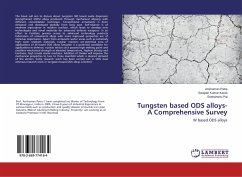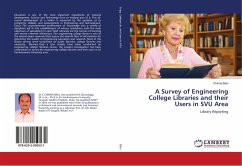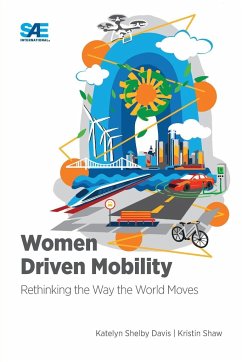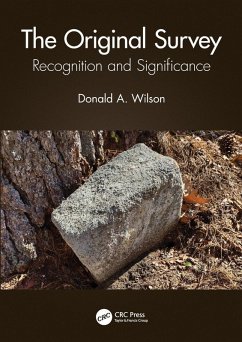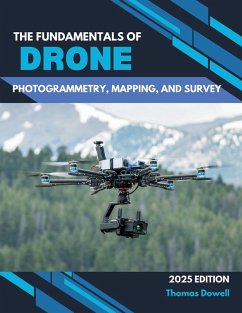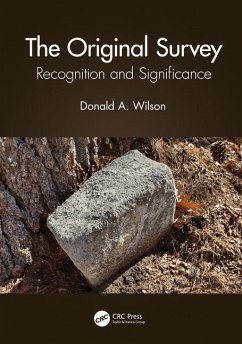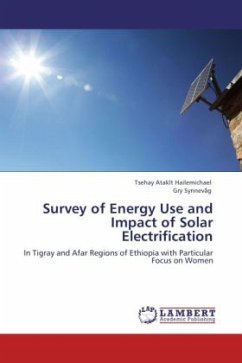
Survey of Energy Use and Impact of Solar Electrification
In Tigray and Afar Regions of Ethiopia with Particular Focus on Women
Versandkostenfrei!
Versandfertig in 6-10 Tagen
32,99 €
inkl. MwSt.

PAYBACK Punkte
16 °P sammeln!
Clean and sustainable energy continues to be a mandatory input for economic development. In Ethiopia out of the 17 percent that has access to grid electricity only about 2 percent represent the rural population. Rugged topography and scattered settlement make grid electrification an expensive endeavor hence making decentralized electrification an attractive option. The Barefoot solar electrification is such an approach whereby cheap and clean electricity is not only made available to remote rural village households but also the technical knowledge on installation and maintenance is passed down...
Clean and sustainable energy continues to be a mandatory input for economic development. In Ethiopia out of the 17 percent that has access to grid electricity only about 2 percent represent the rural population. Rugged topography and scattered settlement make grid electrification an expensive endeavor hence making decentralized electrification an attractive option. The Barefoot solar electrification is such an approach whereby cheap and clean electricity is not only made available to remote rural village households but also the technical knowledge on installation and maintenance is passed down to representatives from the community through six-month training. This book documents the impact of this approach in the two villages where it was implemented and also brings the holistic picture on energy consumption and utilization in comparison to non-electrified villages. It tries to answer questions as: what kind of energy sources are available for the users, how does electricity impact their lives, and how does these trainings impact the lives of the Barefoot Solar Engineers?



